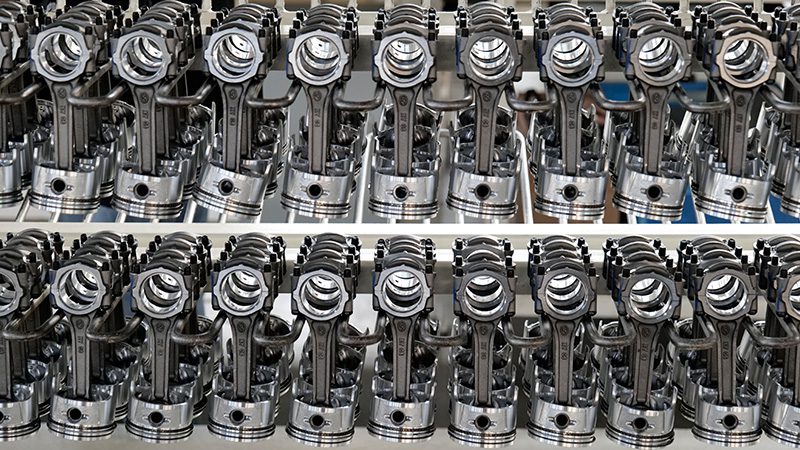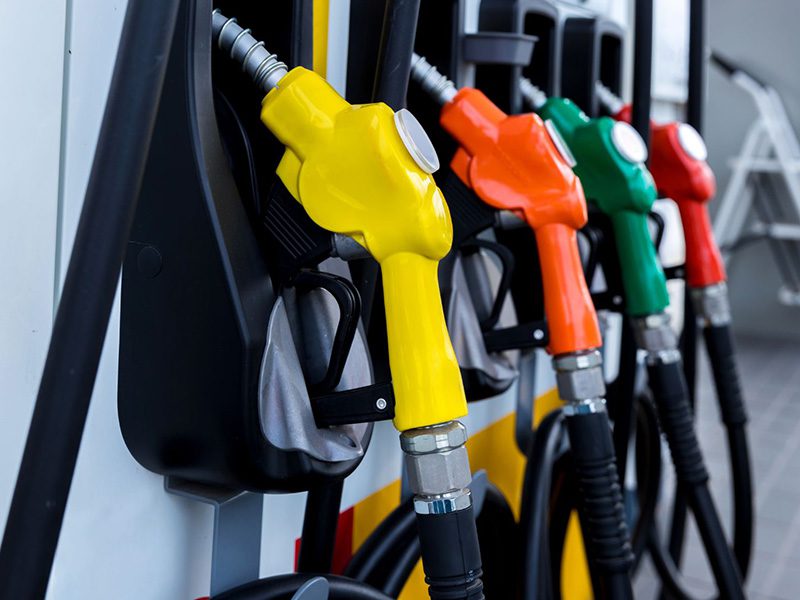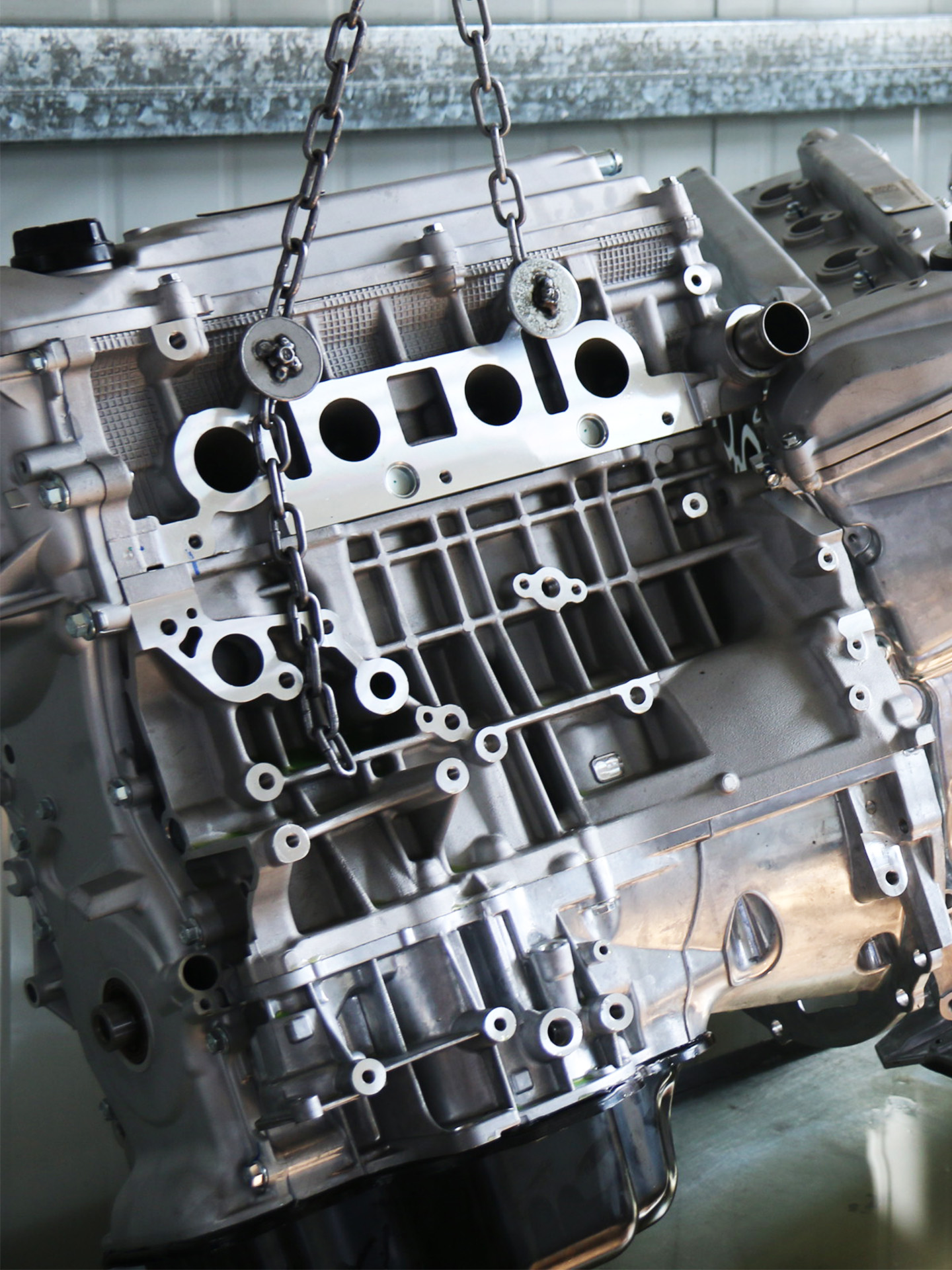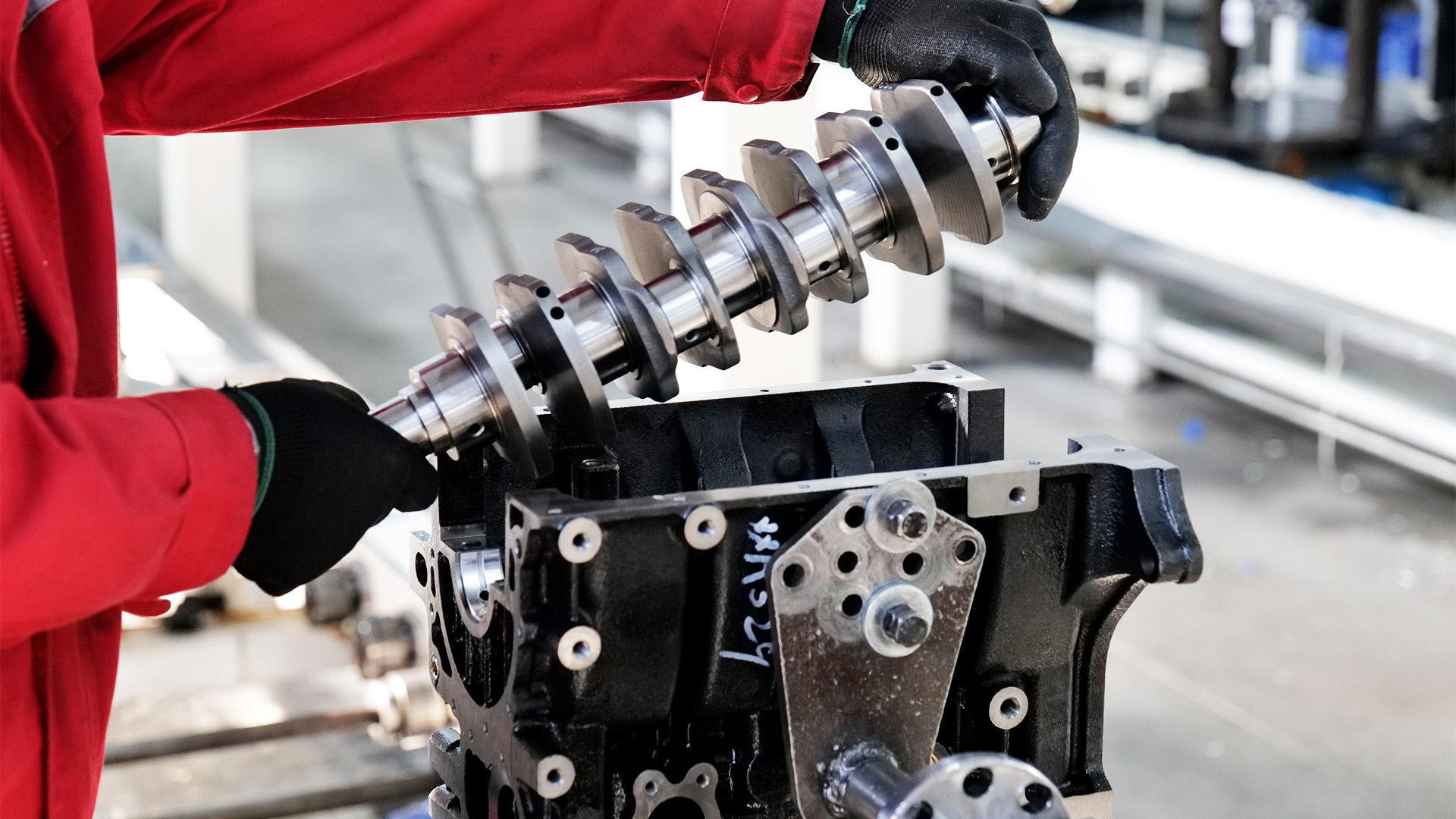Accidentally putting gasoline in a diesel engine is a mistake many drivers fear, and it can happen to anyone. Whether it’s a rush at the pump or simply not paying attention, these mix-ups occur, even at places like Circle K, where a gas-diesel mix-up can happen. The problem? Gasoline and diesel fuel don’t mix well, and this kind of mistake can lead to serious, costly damage if not handled right.
In this article, we’ll break down exactly what happens when gasoline is added to a diesel engine, how it affects your vehicle, and most importantly, what steps you can take to prevent and fix it before you face an expensive repair bill.
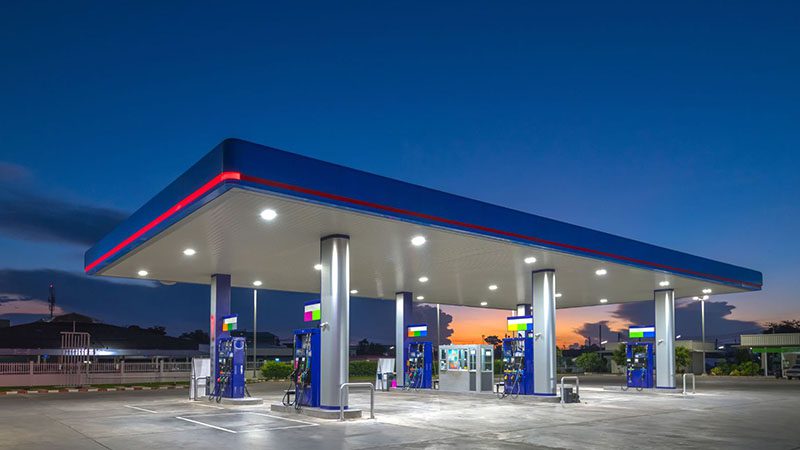
What Happens If You Put Gasoline in a Diesel Engine?
Gasoline and diesel fuel are made for different types of engines, and using the wrong one can cause immediate issues. Here’s what happens when gasoline enters a diesel engine:
- Poor Lubrication: Diesel fuel naturally has lubricating properties that help protect the fuel injectors and fuel pump. Gasoline, on the other hand, lacks these properties. As a result, the fuel system’s critical parts are left unprotected, which can lead to rapid wear and tear.
- Engine Misfires: Diesel engines ignite fuel through compression, which is different from how gasoline engines work. Gasoline doesn’t combust properly in a diesel engine, leading to misfires, rough idling, and overall poor engine performance.
- Fuel System Damage: The biggest issue is that gasoline doesn’t provide the necessary lubrication for the fuel system. Without that lubrication, components like the fuel pump and injectors can be damaged, leading to costly repairs.
If you realize you’ve made the mistake, the first thing you need to do is not start the engine. Keep reading to find out what to do next.

Will Gasoline Really Ruin a Diesel Engine?
Yes, gasoline can absolutely ruin a diesel engine. The severity of the damage depends on the amount of gasoline added and whether the engine is started. Here’s how gasoline can cause damage:
- Fuel Injectors: Diesel engines are designed to handle the heavier, oil-like properties of diesel fuel. Gasoline can cause injectors to clog or even corrode, which disrupts the flow of fuel and can lead to engine failure.
- Fuel Pumps: Diesel fuel acts as a lubricant for the fuel pump, keeping it running smoothly. Gasoline, being thinner and less lubricating, can cause the fuel pump to fail prematurely if it’s introduced into the system.
- Overall Engine Failure: If gasoline is allowed to circulate through the engine, it can cause damage to key components, ultimately leading to the need for a full engine rebuild or replacement.

How Much Gasoline Can Hurt a Diesel Engine?
Even small amounts of gasoline in a diesel engine can lead to costly damage, especially if the engine is started. The extent of the impact depends on how much gasoline is mixed in and whether the engine runs on the contaminated fuel.
Here’s a breakdown of the effects at different gasoline-to-diesel ratios:
| Gasoline Content in Diesel | Likely Effects | Damage Risk | Recommended Action |
|---|---|---|---|
| 1–5% (Minor Mix-Up) | - Engine may still start- Rough idling or hesitation- Reduced power or misfires | Low to Moderate(if caught early) | Do not start the engine if possible. Drain and flush fuel system to prevent long-term wear. |
| 5–10% (Moderate Contamination) | - Knocking noises- Loss of fuel system lubrication- Increased exhaust smoke | Moderate to High | Drain tank completely, flush lines, replace fuel filter. Inspect fuel pump and injectors for wear. |
| 10–20% (Severe Contamination) | - Poor combustion- Engine stalling- Injector or pump failure likely | High | Immediate towing recommended. Full system flush required. Likely component replacement needed. |
| 20%+ (Major Misfueling) | - Rapid damage to injectors and fuel pump- Potential engine seizure- May trigger error codes or warning lights | Critical | Do not run the engine. Professional intervention needed. Expect extensive repairs or possible engine rebuild. |
Even if the engine seems to run “fine” after a minor misfueling, internal damage could still be accumulating.

What to Do If You Accidentally Put Gas in Your Diesel Engine?
If you’ve mistakenly added gasoline to your diesel vehicle, quick action can save you from serious engine damage. Here’s exactly what to do:
Do NOT Start the Engine
This is the most critical step. Starting the engine allows gasoline to circulate through the fuel system, stripping away lubrication and potentially damaging components like the fuel pump and injectors. Even idling for a few seconds can cause harm—so if you realize the mistake at the pump, leave the engine off.
Call for Professional Help
Don’t attempt to drive the vehicle or fix it yourself. Contact a qualified mechanic or roadside assistance to have your vehicle towed to a repair shop. Trained technicians have the right tools to handle fuel contamination safely and prevent further damage.
Drain the Fuel Tank & Flush the System
Once at the shop, the fuel tank must be completely drained. Simply topping off with diesel is not enough—residual gasoline can still harm the engine. A full fuel system flush is required, including the fuel lines, filter, injectors, and pump. In some cases, components may need to be inspected or replaced, especially if the engine was started.
Optional Precaution: Fuel Filter Replacement
Since gasoline can degrade rubber seals and filter elements, it’s wise to replace the diesel fuel filter after the flush to avoid contamination of the fresh diesel.

Can Diesel Mixed with Gas Hurt a Gas Engine?
While we’ve focused on the dangers of gasoline in diesel engines, the reverse—mixing diesel into a gasoline engine—is equally harmful.
Poor Combustion: Diesel is heavier and less volatile than gasoline. It doesn’t burn properly in a spark-ignition engine, leading to rough idling, misfires, smoky exhaust, and even stalling.
Fuel System Damage: Diesel can clog fuel injectors, foul spark plugs, and damage sensors. Over time, it may also harm the catalytic converter or trigger check engine lights, leading to costly repairs.
To avoid serious engine damage, it’s critical to address any diesel-gas mix-up immediately by draining and flushing the fuel system before starting the engine.
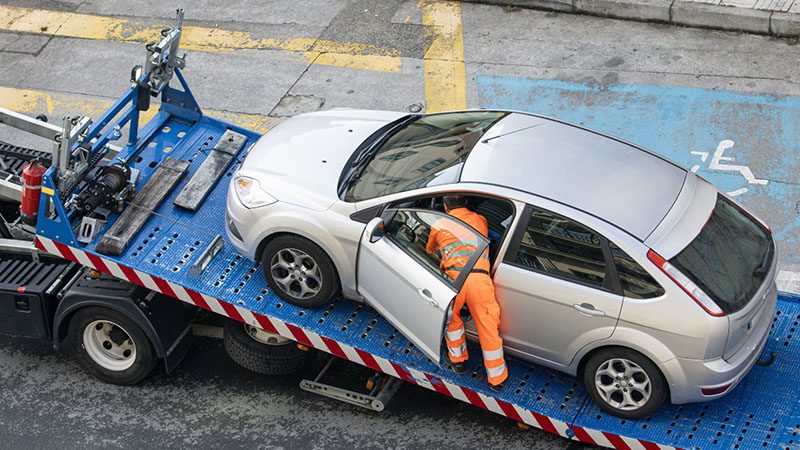
Preventing Gasoline-Diesel Mix-Ups
Misfueling may seem like a rare mistake, but it happens more often than most drivers realize—especially when switching between vehicles or refueling in a hurry. Fortunately, a few simple habits and precautions can help you avoid this expensive error:
1. Look for Color-Coded Nozzles
Most gas stations, including brands like Circle K, use green nozzles for diesel and black or red for gasoline, but this can vary by region. Always check the label on the pump handle and the signage on the dispenser before inserting the nozzle. Don’t rely on color alone—double-confirm the fuel type every time.
2. Always Double-Check the Fuel Type
It only takes a moment to verify the fuel type printed on your fuel cap or dashboard. This is especially important if you’re renting a vehicle, borrowing someone else’s car, or driving both gas and diesel vehicles regularly. Rushing through the process is the number one cause of mix-ups.
3. Use Misfueling Protection Systems
Many newer diesel vehicles include built-in misfueling prevention devices—special filler necks that only accept diesel nozzles. If your vehicle has this feature, ensure it hasn’t been removed or damaged. For older vehicles, aftermarket solutions like filler neck inserts or warning labels can also help reduce the risk.
4. Stay Focused While Refueling
Avoid distractions like phone calls or multitasking while filling up. Most misfueling incidents happen when drivers are on autopilot or dealing with distractions at the pump.
5. Educate All Drivers of Your Vehicle
If others drive your car or fleet vehicles—such as employees or family members—make sure they know the correct fuel type. Consider adding a label inside the fuel door or near the gauge as a reminder.

Conclusion
To sum up, putting gasoline in a diesel engine is a serious mistake that can cause engine misfires, loss of lubrication, fuel system damage, and costly repairs. If this happens, do not start the engine. Have the vehicle towed, and get the fuel system professionally drained and flushed as soon as possible. Prevention is equally important—always double-check the fuel type before filling up, and use misfueling protection systems when available.
At Nanjing Woda Auto Technology Co., Ltd., we specialize in high-quality engine components and performance solutions. With over 25 years of experience in the automotive industry, we serve B2B customers worldwide with a full range of engine parts—including fuel systems, injectors, and pumps—to keep your vehicles running reliably.
Need reliable engine parts or expert advice?
Contact us today to explore our product catalog or request a quote. We’re here to help you keep your fleet or business moving smoothly.
